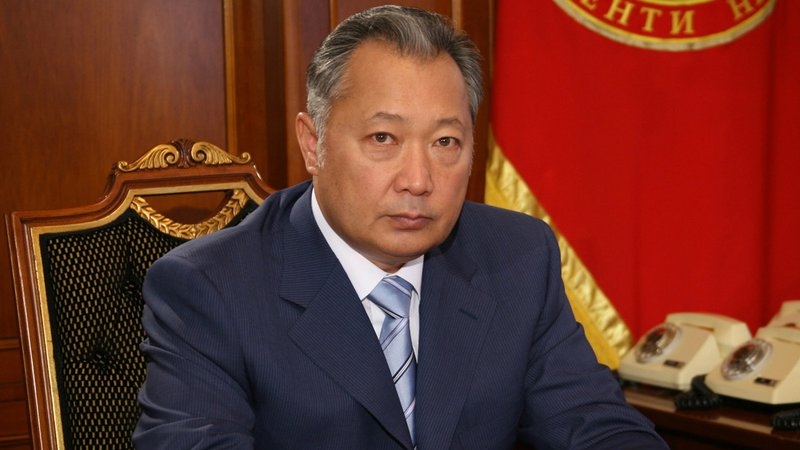Place of Birth. Education. Born in the village of Masadan, Suzak District, Jalalabad Region. In 1978 he graduated from the Kuibyshev Polytechnic Institute with a degree in computers.
Career. Since 1977 – an electromechanic of the V category, an electrical engineer at the Computing Center of the Maslennikov plant in Kuibyshev.
Since 1979 – senior engineer-mathematician, head of the ITC of the plant of plug connectors ShR (Jalal-Abad).
1985-1990 – Plant Director Profile of the USSR Ministry of Electronic Industry in the city of Kok-Yangak.
In 1990 he took the post of the first secretary of the Kok-Yangak city committee of the CPSU, the chairman of the city council of people’s deputies of the city of Kok-Yangak.
1991-1992 – Deputy Chairman of the Jalalabad Regional Council of People’s Deputies.
1992-1994 – Head of the State Administration of the Toguz-Torous District of the Jalal-Abad Region.
1995-1997 – Head of the Jalalabad Regional State Administration.
1997-2000 – Head of the Chui Regional State Administration.
From December 2000 to May 2002 – Prime Minister of the Kyrgyz Republic.
In October 2002, he was elected to the Legislative Assembly of the Jogorku Kenesh of the Kyrgyz Republic. In February 2003, he became a member of the centrist deputy group Regions of Kyrgyzstan.
In 2004, he took the post of chairman of the central council of the unification of political forces, the People’s Movement of Kyrgyzstan.
On July 10, 2005, he was elected President of the Kyrgyz Republic. This was preceded by the so-called “Tulip Revolution”. In February – March 2005, regular parliamentary elections were held in Kyrgyzstan, which were recognized as dishonest, which led to popular discontent, a sharp aggravation of the situation in the country and the overthrow of the existing regime. Kyrgyz President Askar Akayev left the country with his entire family and received temporary asylum in Russia. Power passed into the hands of a heterogeneous opposition. Immediately after this, internal divisions and conflicts began among the victors. After some time, Askar Akayev, as a result of negotiations with representatives of the opposition, signed a statement on his resignation from the presidency. As a result of the early elections, one of the leaders of the opposition, Bakiyev, was elected president.
On July 23, 2009, he was re-elected for a second presidential term.
Overthrow and emigration. In April 2010, ethnic clashes broke out between Kyrgyz and Uzbeks in the south of Kyrgyzstan. As a result of the unrest, Bakiyev was overthrown, and an interim government headed by Roza Otunbayeva came to power. Bakiyev fled Kyrgyzstan to Belarus. The family of the ex-president was accused of provoking riots. In June, Kyrgyzstan held a referendum in which citizens voted to move from a presidential to a parliamentary form of government.
On May 6, 2010, the Prosecutor General’s Office of Kyrgyzstan sent a request to the Republic of Belarus to extradite Bakiev. The General Prosecutor’s Office of the Republic of Belarus decided to refuse extradition.
On February 8, 2012, the Belarusian media reported that Bakiyev received Belarusian citizenship and acquired real estate on the outskirts of Minsk.
On February 12, 2013, in Kyrgyzstan, he was found guilty of a crime under the article “abuse of office” and sentenced in absentia to 24 years in a maximum security colony.
On April 5, 2014, Kurmanbek Bakiev was sentenced to 25 years in prison for organizing the assassination attempt on the life of British businessman Sean Daly. This verdict was passed by the Pervomaisky District Court of Bishkek.
In July 2024, he was put on the wanted list – he was accused of corruption in the development of the Kumtor gold mine.
Family bonds. Bakiyev is married and has two children – Marat and Maxim.
July 29, 2024

